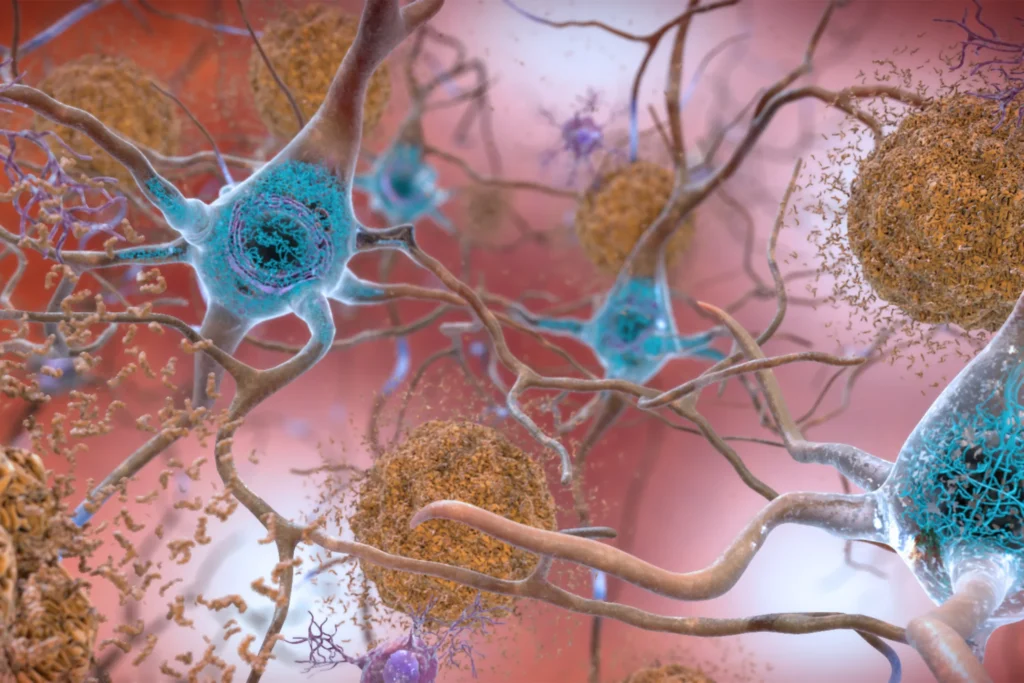Researchers in the field of Alzheimer’s disease are reporting promising progress that could change the way the condition is detected and treated. In recent studies, scientists have focused on identifying early signs of the disease and exploring innovative therapies that may slow its progression. These breakthroughs bring hope to millions of patients and families affected by Alzheimer’s worldwide.
Early detection remains a key focus in Alzheimer’s research. Scientists are developing advanced diagnostic tools that can identify the disease before significant symptoms appear. Techniques such as improved brain imaging, biomarker analysis, and blood tests are showing potential to detect Alzheimer’s at its earliest stages. Detecting the disease early allows patients to receive timely interventions and improves the chances of managing symptoms effectively.
In addition to early detection, researchers are testing new treatment approaches. Recent clinical trials have explored drugs targeting the underlying causes of Alzheimer’s, such as amyloid plaques and tau protein tangles in the brain. While some therapies are still in the experimental phase, initial results suggest that slowing the disease’s progression is possible. Researchers are optimistic that combining multiple approaches could further improve patient outcomes.
Lifestyle interventions are also gaining attention as part of comprehensive care. Studies show that regular physical activity, a balanced diet, cognitive exercises, and social engagement may help maintain brain health and delay cognitive decline. These strategies, combined with medical treatments, offer a holistic approach to managing Alzheimer’s and enhancing the quality of life for patients.
The research community is increasingly emphasizing collaboration across disciplines. Neurologists, geneticists, and biochemists are working together to uncover the complex mechanisms behind Alzheimer’s. International research partnerships are accelerating discoveries, pooling resources, and sharing data to find solutions faster. This collective effort is crucial, given the growing global impact of Alzheimer’s disease.
Funding and support for Alzheimer’s research have expanded in recent years. Public and private organizations are investing in studies that explore innovative treatments and prevention strategies. These investments are helping accelerate clinical trials, expand patient enrollment, and provide access to cutting-edge technologies. Researchers say that continued support is essential to sustain momentum and bring new therapies to patients sooner.
Families affected by Alzheimer’s disease are cautiously optimistic about these developments. While there is no cure yet, advances in early detection and treatment strategies offer hope for improved care and longer periods of independence for patients. Caregivers are also benefiting from better understanding of the disease, allowing them to provide more effective support and plan for long-term needs.
Ethical considerations are also a part of the research discussion. As new diagnostic tools and treatments emerge, experts stress the importance of informed consent, patient privacy, and equitable access. Ensuring that breakthroughs are available to diverse populations remains a priority, so all patients can benefit from scientific progress.
In summary, Alzheimer’s research is making significant strides in early detection and potential treatments. Advances in diagnostics, innovative therapies, lifestyle interventions, and collaborative studies are creating new hope for patients and families. As scientists continue to explore the complex causes of Alzheimer’s, the outlook for improved management and quality of life is becoming brighter. These developments highlight the importance of ongoing research and the promise of a future where Alzheimer’s can be detected earlier, treated more effectively, and perhaps one day prevented.



